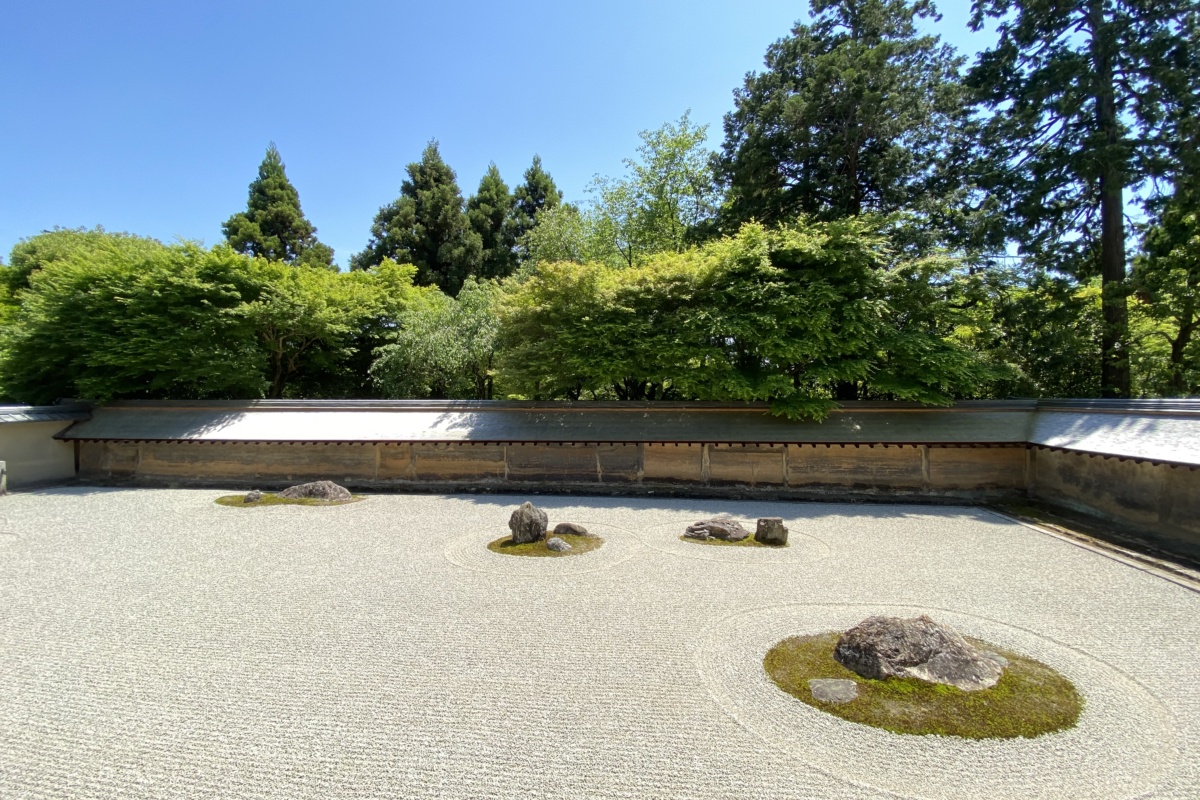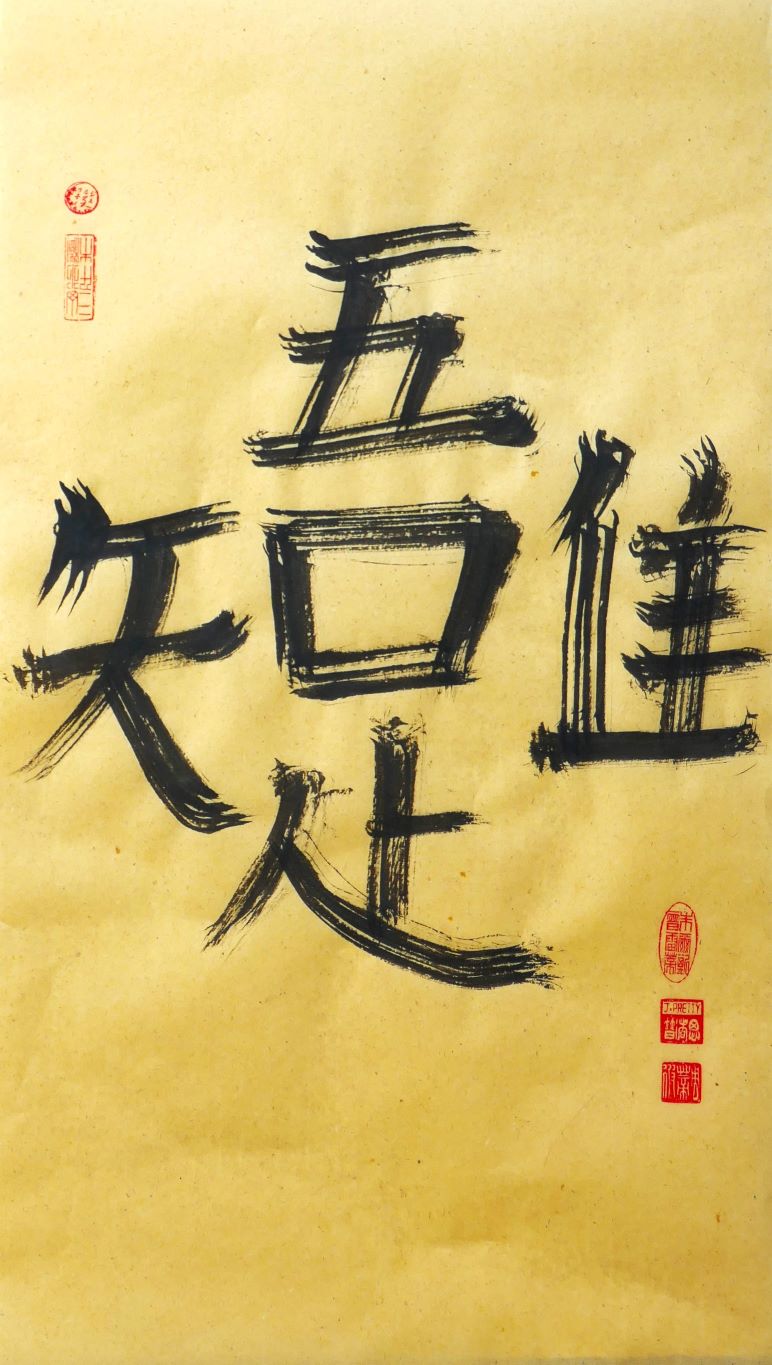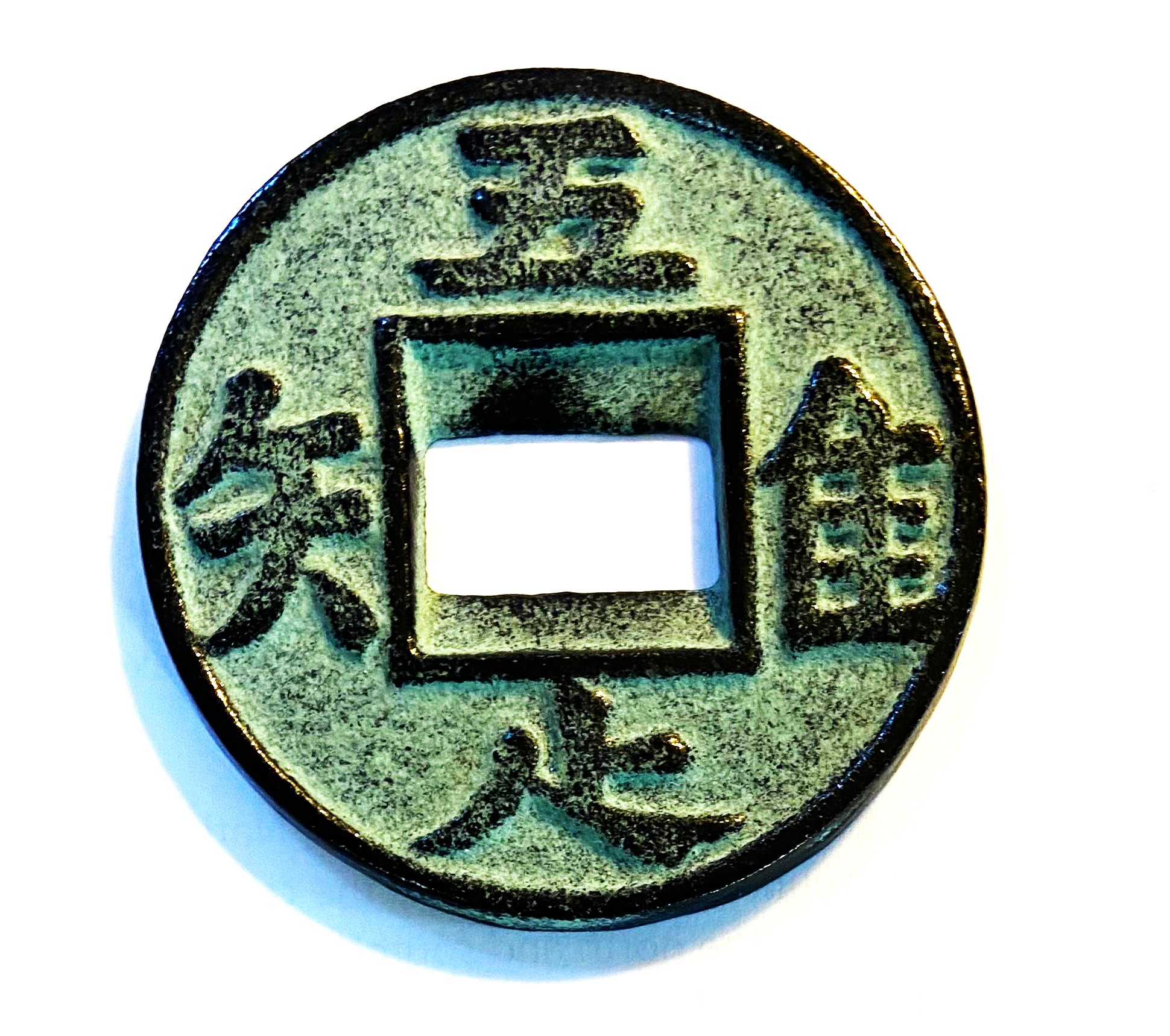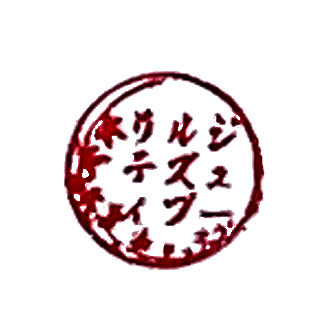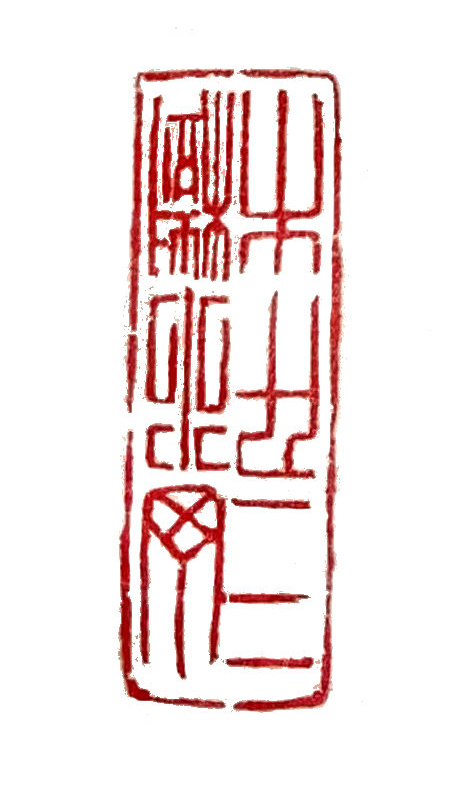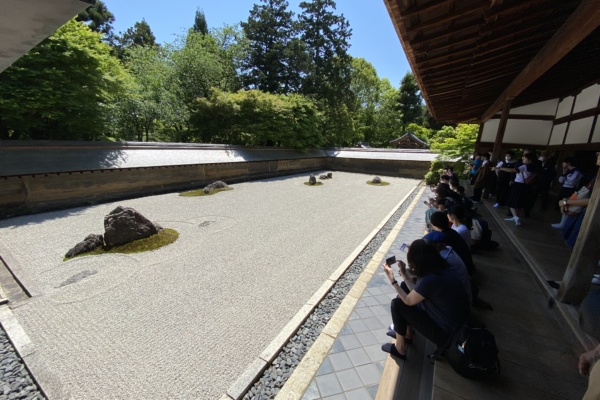[2 mins reading time]
Ware Tadu Taru Wo Shiru [I Am Content with Enough]
Spring brings the scent of orange blossom. Light from the vibrant lotus flower.
The daytime frog cries, a sign of cruel dry heat.
The blue of iris-month has also come too soon. In former times, on iris-thatching day all the roofs and eaves are threaded with the colour of the sky.
Now new terms for ferocious heat. Days and nights are called kokoshobi and mōshobi. There should be seasons of soft drizzle, gentle breeze, pure snow in winter, plum blossom in the spring. An autumn cooling wind, white dew, the light of the moon leaking through the trees.
Yet the summer night is unkindly hot. Once a razor would rust overnight, pink hollyhocks lean in the rains and the shrine bell boom through mist.
It is fiery in the ancient capital. The wide river glitters, the temple ways still dark and cool. The strolling-path from the ancient gate leads uphill to Ryōan-ji. It is lined by moss on rocks, a glassy pond to the west.
Ahead in the sanctuary are the fifteen silent rocks on raked white gravel, enclosed by ochre walls of clay.
You sit on the steps, you gaze at the rocky isles.
You stand and move, stare for longer. All is hushed, beneath the borrowed landscape of the distant hills.
And there, the white stones ripple, waves lapping at the mossy shores. It is said there is just one tiny spot where you can see all the rocks at once.
In the abbot’s halls are dragons, painted on the sliding screens. At the tea house, there are flowers in a vase, and around the back in humid woodland, the sound of several frogs, a single nightingale singing from the trees.
Water for the temple is drawn from a spring. It flows by bamboo pipe to a stone basin. Around the top is a koan of four kanji, the true kit for living. The earth cannot take much more, yet here we are.
The koan says: “ware tadu taru wo shiru.”
I am content with enough.
Here at this one stone basin, the sound of water trickling.
When your timescale is long, you may feel you have already had enough of the fierce heat that stuns moths at night, that might burn and bubble the sliding paper doors.
You might instead just stop and sit, watch the mountain peaks of the five rocky isles, amid the shining sea of sand.
In the Tao Te Ching of four thousand years ago, it was written:
“The best things in life,
Are not things.”
Jules Pretty
Commentary on Ware Tadu Taru Wo Shiru: I Am Content with Enough
This famed koan is found on the tsubai water basin at Ryōan-ji temple in north-west Kyoto. The temple contains lake, walkways, hall of dragons, and the dry garden overlooked by sacred Mount Hiei. In the grounds are also tea house and mausoleum of tombs.
It is big and it burns, this question for the planet: why is it so hard to slow up and pause at enough? How might we find such a true kit for living?
The tsubai is the shape of an ancient koan. It is a daily reminder of opposition to materialism. There are four characters, each with a square as part. The north/top character, with the square below, means “I”. The east one, with square to the left, means only; the southern means be contented, satisfied; and the western one with the square to its right means learn.
The koan reads “I learn only that I am contented.” Or put another way, “I am content with enough.”
A temple was built here in 983 CE, and the Ryōan-ji dry garden itself set out in the late 1400s, long before the modern era of over-consumption and planet-wide harm.
Look anew. Everywhere there are signs of enoughness. We know how to do this, to slow and stop the climate and nature crises.
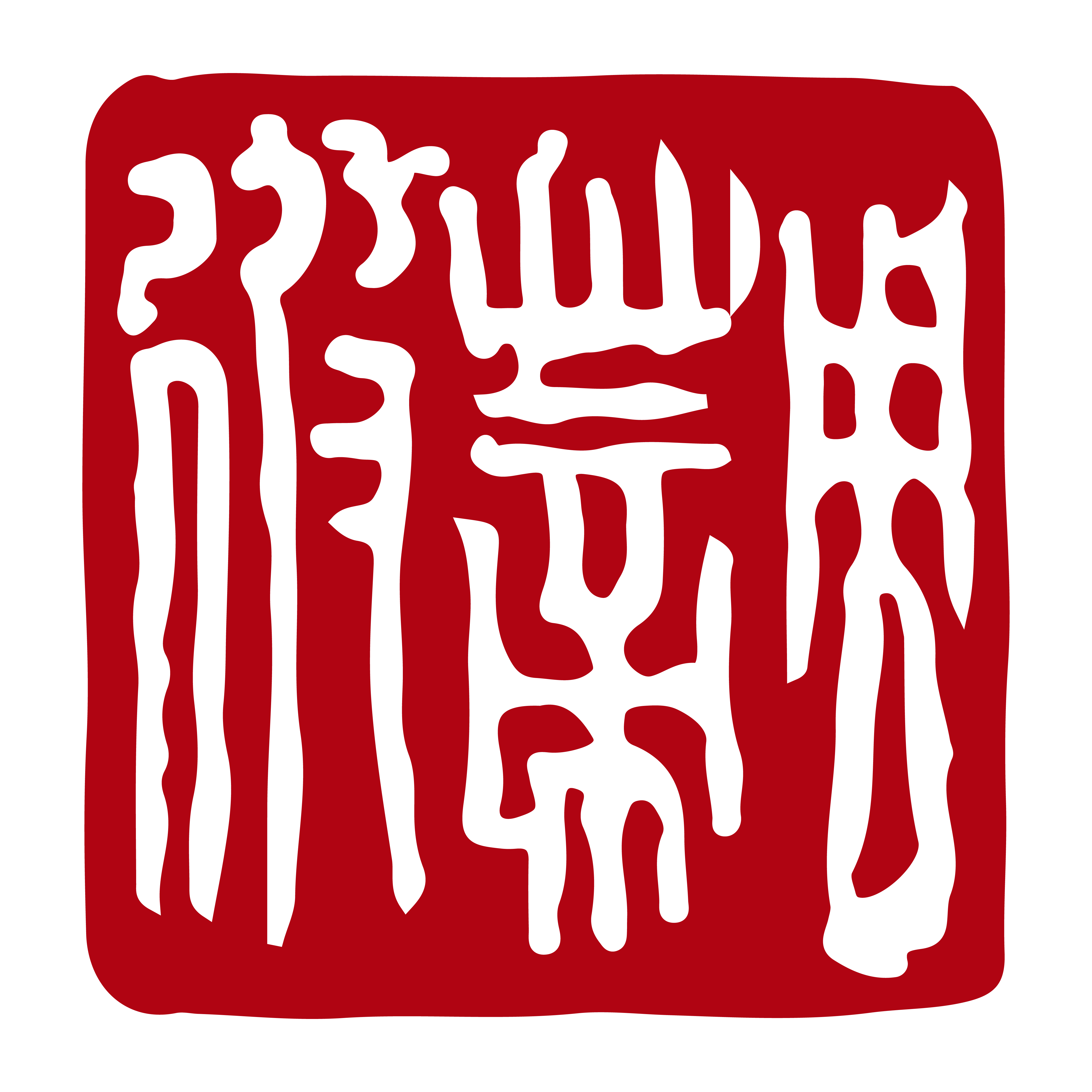 Jules Pretty
Jules Pretty
